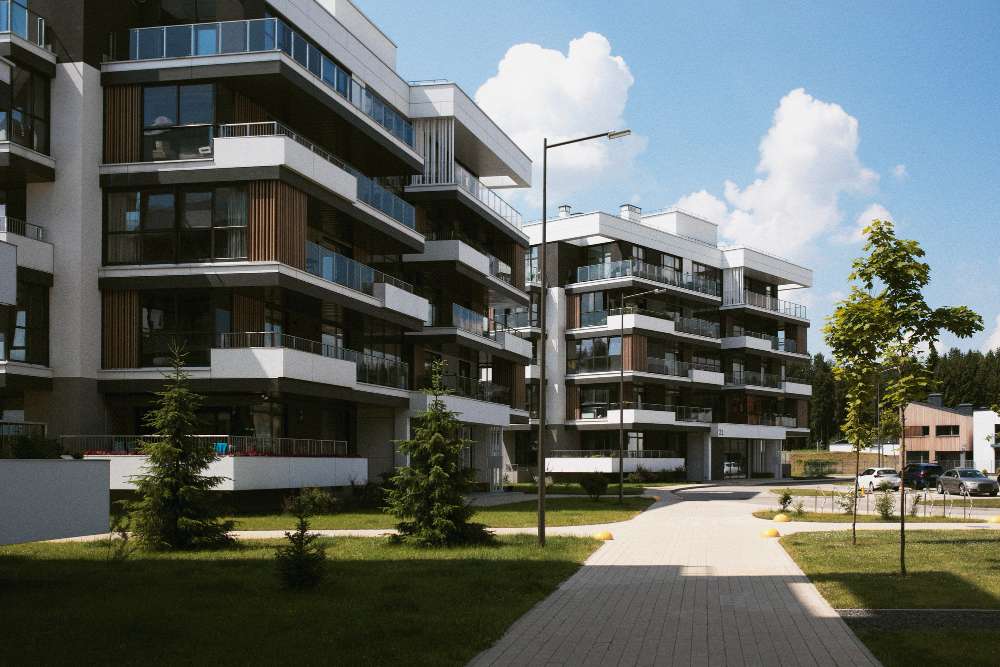In an era where efficiency and sustainability are paramount, modular construction is stepping into the spotlight as a preferred method for building projects across America. Also known as prefabricated construction, this innovative approach involves manufacturing sections or modules of a building in a factory-controlled environment before they are shipped to the site for assembly. Here’s a detailed look at why modular construction is gaining popularity and why you might consider contacting your civil contractor to discuss this option.
1. Speed of Construction
One of the standout benefits of modular construction is the significant reduction in build time. Modules are constructed off-site in a controlled factory setting, eliminating common delays typically caused by adverse weather conditions. While the modules are being built off-site, site preparation work can occur simultaneously, further reducing the overall project timeline.
2. Cost Effectiveness
Cost savings are another major advantage of modular construction. Factory settings allow for more precise control over inventory and more efficient use of materials. The assembly-line process reduces labor costs and minimizes waste due to excess or damaged materials, which is often unavoidable in traditional construction sites. These financial benefits mean you can feel secure about your investment, knowing that your project is cost-effective and efficient.
3. Quality and Consistency
Unlike traditional construction, where various external factors can affect the quality, modular buildings benefit from the controlled conditions of a factory. This environment enables consistent temperature and humidity levels, which are crucial for material integrity and artistry. Each module is constructed and inspected precisely, adhering strictly to predetermined standards and building codes. The high level of quality control in modular construction results in buildings that are built to last, with less maintenance required over time. This can be a significant selling point for any potential building owner.
4. Flexibility and Adaptability
The modular method offers exceptional flexibility in terms of design and usage. Modules can be easily configured to match various architectural styles and scaled to meet changing needs. This adaptability makes modular construction suitable for single-family homes and large commercial developments. Please discuss with us how modular designs can accommodate future expansion or reconfiguration with minimal disruption and cost.
Modular construction offers a modern approach to building that is efficient, cost-effective, and environmentally friendly. With its ability to reduce construction time, lower costs, and minimize on-site disruption, it’s no wonder that more developers and property owners are turning to this innovative building method. If you’re considering a construction project, now is the perfect time to contact a civil contractor to discuss the potential of modular construction. Whether you’re planning a new home, an office building, or a multi-unit residential complex, exploring the advantages of prefab could lead to better outcomes and a smoother construction process.

